In no particular order:
Learning Android
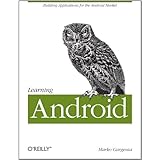
Very practical guide to dive into the workings of a microblogging app.
Making Things Happen
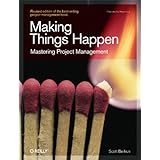
Priorities get things done. Plus Scott is such a great writer.
Zen and the Art of Motorcycle Maintenance
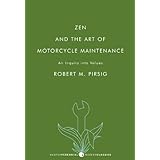
The real purpose of scientific method is to make sure Nature hasn’t misled you into thinking you know something that you actually don’t.
Ignore Everybody
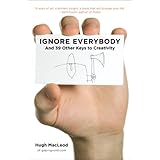
If you have the creative bug, it isn’t ever going to go away. You should just get used to the idea of dealing with it.
The Miracle of Mindfullness
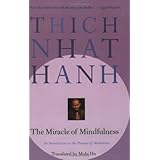
Every day we are engaged in a miracle which we don't even recognize: a blue sky, white clouds, green leaves, the black, curious eyes of a child-our own two eyes. All is a miracle.
The Creative Habit
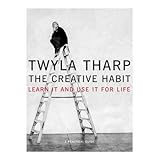
Best book on creativity I have read. Dive into your creative DNA and get to work.
What Technology Wants
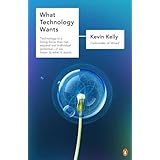
Kevin's point is that innovations tend to grow organically no matter what. When someone invents something new on the planet, he will be part of this group of people who worked on the exact same thing. The concept of ownership for innovation is becoming increasingly harder to pinpoint. As technology matures its own needs are growing and need to be satisfied. The computing infrastructure that runs Google needs a ton of energy before it can even return a single search result. Important book.
Free Ride
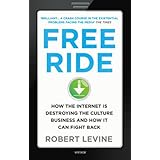
I was hoping to learn about ideas that combine the culture business with Internet/piracy. I did not. That's just a rant.
10 Days to Faster Reading
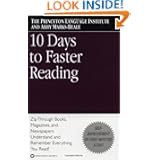
Reading faster is seriously underrated. Why not dedicate some time to the most important skill ever? Every student should read this.
Business Model Generation
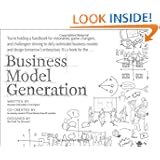
If you don't know where to start with business plans, this is a great reference. That will get you going with coming up with models and ideation. Great pairing with Steve Blank's Lean Launchpad class.
Delivering Happiness
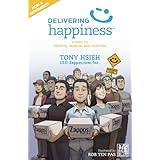
Investing in company culture does scale your business. Tony researched the science of happiness and turned out to combine his findings with running a business. It works.
The Referral Engine
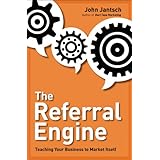
The fact that the author is good at referrals got this book in my hands. But the editing is so poor. Skip this one!
The Flinch

A necessary reminder to get you standing up against the lizard brain. Doing the uncomfortable is key.
The Invention of Air

This book is about the fascinating biography of Joseph Priestley combined with the case on how ideas spread and evolve. Plus Steven is super thoughtful.
The Google Resume
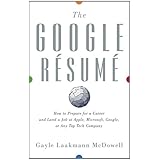
People at the top share many similarities on their resume.
The Design of Everyday Things

Read it and start looking weird at poorly designed door handles.
Moonwalking with Einstein
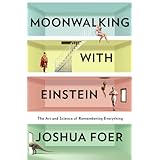
The art of remembering things has everything to do with physical spaces.
The Art of War

A classic, but what else? Still wondering.
The Happiness Hypothesis
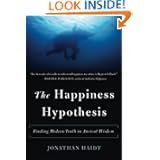
Very interesting book on the science of happiness. What are the tangible factors that make up how happy you are?
Our Posthuman Future
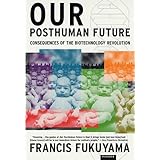
Important topic but poor editing.
The Dip
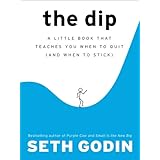
If you're not going to be number one you might as well quit now. A little book with big impact.
The Big Short
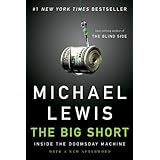
I got the audio book.
The 4 Essentials of Entrepreneurial Thinking
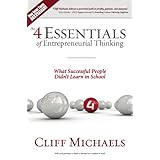
This book is good at explaining the thinking part. Don't forget the doing.
The Shallows
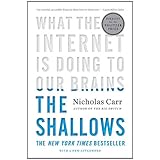
Another important book about the interruption economy.
Getting to Yes
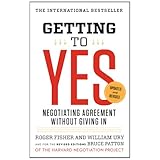
Go find out your BATNA before your next negotiation.
The Case for Marriage

How the Stock Market Works
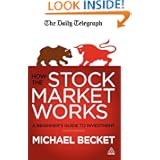
Just Kids
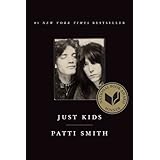
Patti Smith's autobiography. Her music will resonate differently to you.
]]>



























